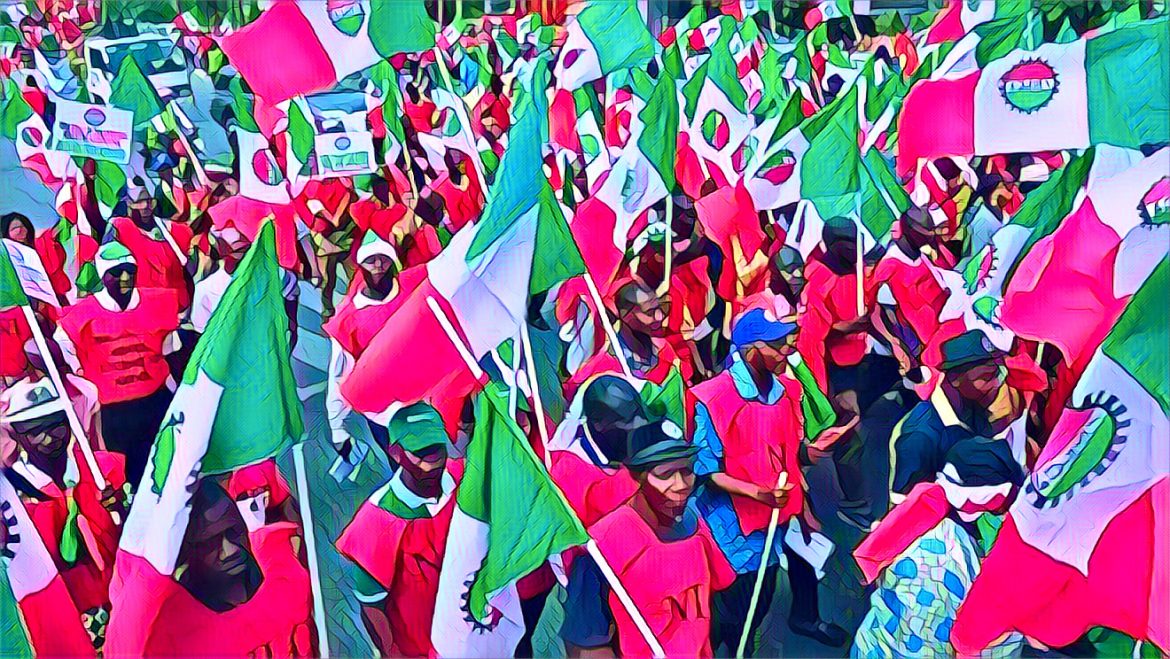Abuja, Nigeria – Labor unions in Nigeria are calling for the implementation of a new minimum wage by the end of July, intensifying their demands for better wages and improved living conditions for workers across the country.
The Nigerian Labour Congress (NLC) and the Trade Union Congress (TUC) have issued a joint statement urging the federal government to expedite the process of adopting a new minimum wage structure. This call comes amidst rising inflation and the increasing cost of living, which have significantly eroded the purchasing power of Nigerian workers.
“We are pushing for the new minimum wage to be implemented by the end of July. The current economic situation has made it imperative for workers to receive a fair wage that reflects the realities of the times,” said Joe Ajaero, President of the NLC. He emphasized that the current minimum wage is insufficient to meet the basic needs of workers and their families.
The demand for a new minimum wage has been a contentious issue in Nigeria for several years. The last adjustment was made in 2019, setting the minimum wage at N30,000 (approximately $39) per month. However, labor unions argue that this amount is no longer adequate given the prevailing economic conditions.
The unions have highlighted the severe impact of inflation on the cost of essential goods and services. Prices of food, transportation, and housing have skyrocketed, making it difficult for workers to maintain a decent standard of living. The NLC and TUC have proposed a significant increase in the minimum wage to address these challenges and ensure that workers are adequately compensated.
In response to the unions’ demands, the federal government has indicated its willingness to review the current minimum wage structure. The Minister of Labour and Employment, Chris Ngige, assured that discussions are ongoing and that the government is committed to reaching a favorable resolution. “We are in talks with the labor unions and are working towards a solution that will be beneficial for all parties involved. The welfare of Nigerian workers is a priority for this administration,” Ngige stated.
Despite these assurances, labor unions remain vigilant and have warned of potential industrial actions if their demands are not met promptly. They have called on the government to demonstrate its commitment to workers’ welfare by swiftly implementing the new minimum wage.
Economic analysts have also weighed in on the issue, noting the importance of balancing wage increases with the potential impact on the economy. While acknowledging the need for a wage hike, some experts caution that a significant increase in the minimum wage could lead to higher inflation and put additional pressure on businesses, particularly small and medium-sized enterprises (SMEs).
However, labor unions argue that the benefits of a higher minimum wage far outweigh the potential drawbacks. They contend that improved wages will boost consumer spending, stimulate economic growth, and reduce poverty levels. “A living wage is essential for the well-being of workers and their families. It is also crucial for the overall development of the economy,” said Festus Osifo, President of the TUC.
As the deadline for the proposed implementation approaches, all eyes are on the government to see how it will address the labor unions’ demands. The outcome of these negotiations will have significant implications for the future of labor relations in Nigeria and the economic stability of the country.
In the meantime, workers across Nigeria remain hopeful that their voices will be heard and that a new minimum wage will soon become a reality. “We are optimistic that the government will do the right thing and ensure that workers receive fair compensation for their labor,” Ajaero concluded.
Source: tribuneonlineng.com


